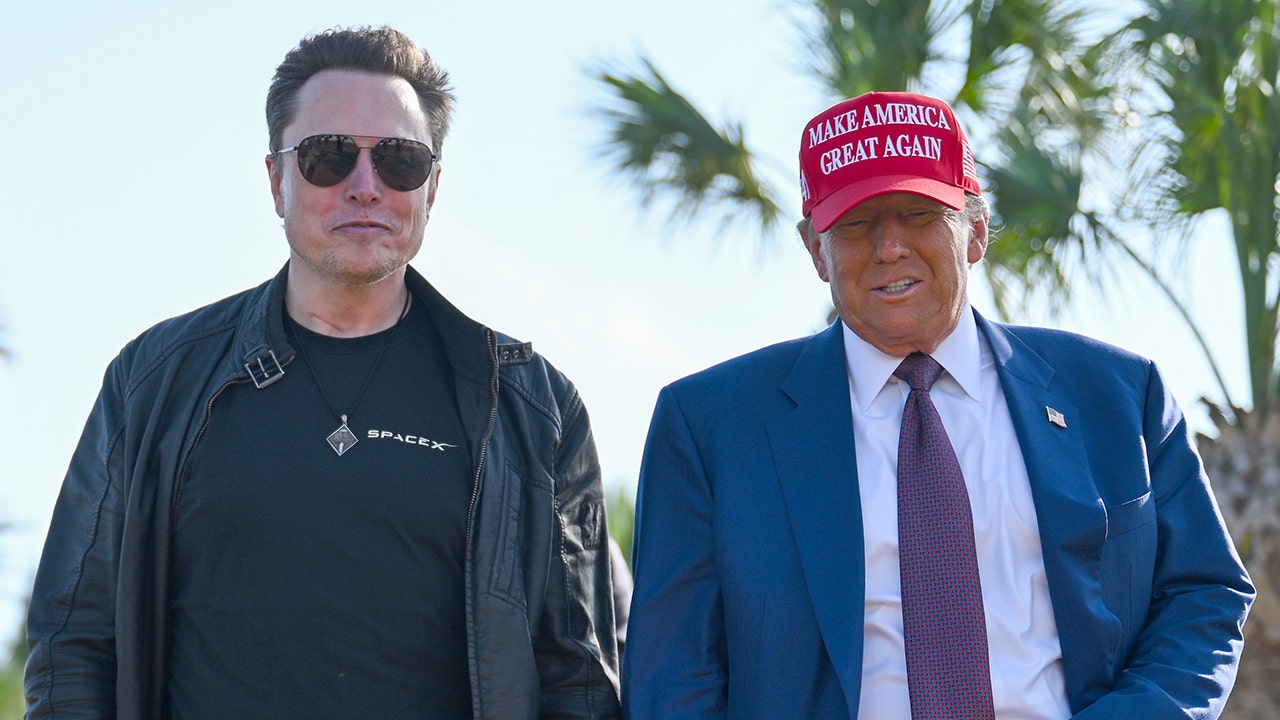Top 5 most outrageous ways the government has wasted American taxes

As President Donald Trump marked his 100th day in office this week, Elon Musk’s Department of Government Efficiency (DOGE) announced significant cuts in waste, fraud, and abuse within the federal government, totaling at least $160 billion. Since its establishment by executive order on Inauguration Day, DOGE has been working towards a goal of slashing $2 trillion from the federal budget.
However, as Musk nears the limit of 130 days a year that special government employees like himself are allowed to work for the federal government, he has begun to reduce his involvement in leading the agency. Despite facing backlash from Democrats, DOGE has made substantial progress in identifying and eliminating instances of mismanagement and overspending.
One of the most shocking discoveries made by DOGE was the transfer of $132,000 by the United States Institute of Peace (USIP) to Mohammad Qasem Halimi, a former Taliban member who held a prominent position in Afghanistan’s government. After DOGE’s intervention, the contract was cancelled, shedding light on the questionable practices within USIP.
In addition, DOGE uncovered instances of extravagant spending by schools using COVID-relief funds, such as $86,000 on hotel rooms for a conference at Caesars Palace and $393,000 to rent out a Major League Baseball stadium. Musk revealed that schools also used funds to purchase an ice cream truck and swimming pool passes, highlighting the misuse of taxpayer money.
Senator Joni Ernst disclosed that the U.S. Agency for International Development (USAID) allocated $20 million to create a version of “Sesame Street” in Iraq, sparking further scrutiny over the allocation of funds by government agencies. Furthermore, the Government Accountability Office reported that federal agencies wasted $162 billion in “improper payments” in 2024, emphasizing the need for greater oversight and accountability.
DOGE has also targeted diversity, equity, and inclusion (DEI) spending within the federal government, cancelling wasteful grants and programs to save millions of dollars. The Department of Defense, in collaboration with DOGE, identified millions in DEI spending that could be reallocated to more essential areas.
Overall, DOGE’s efforts have led to significant cost savings and a renewed focus on fiscal responsibility within the federal government. As Musk and his team continue to identify and address instances of waste and inefficiency, the administration’s commitment to streamlining operations and maximizing taxpayer dollars remains a top priority.




